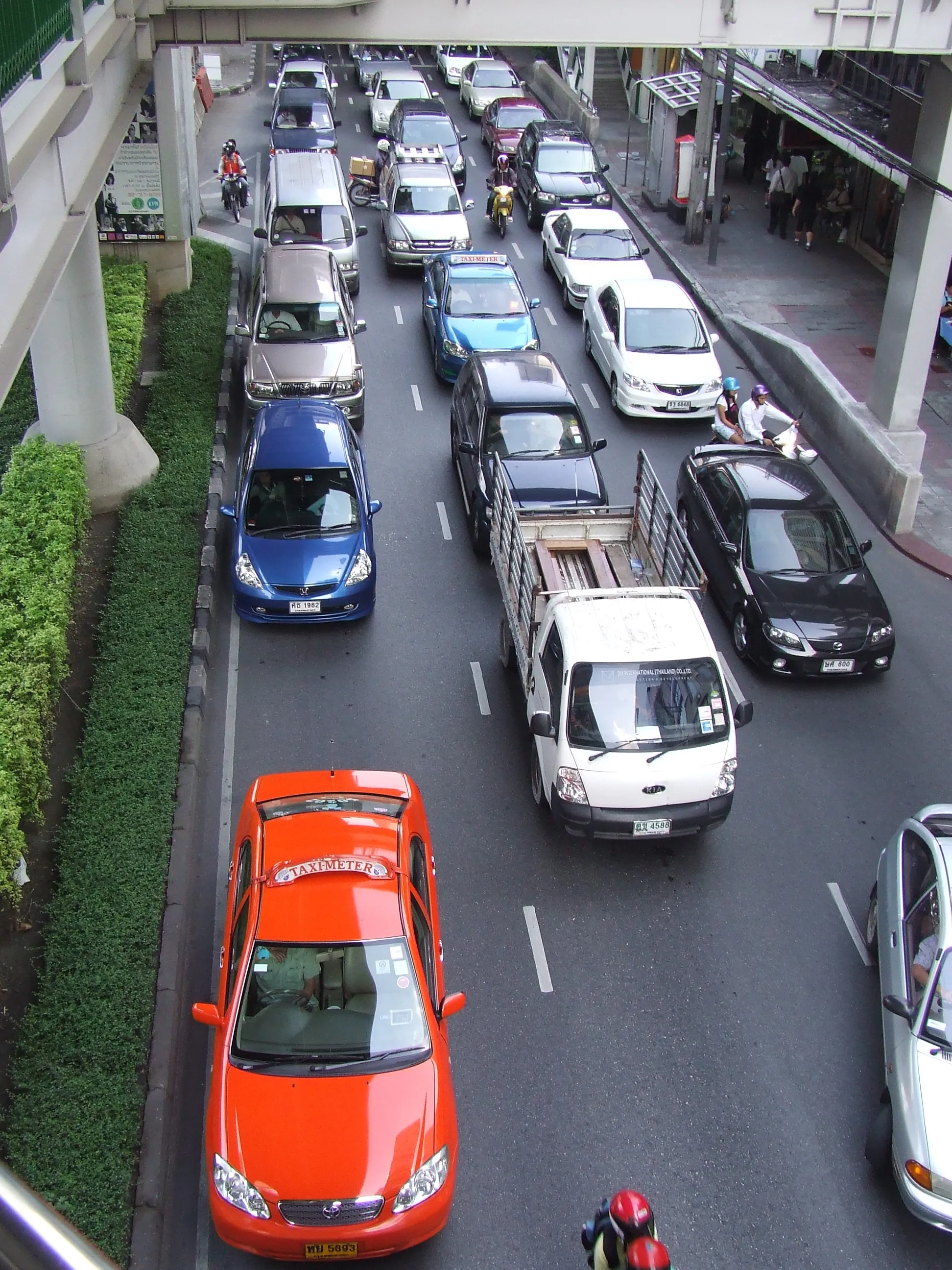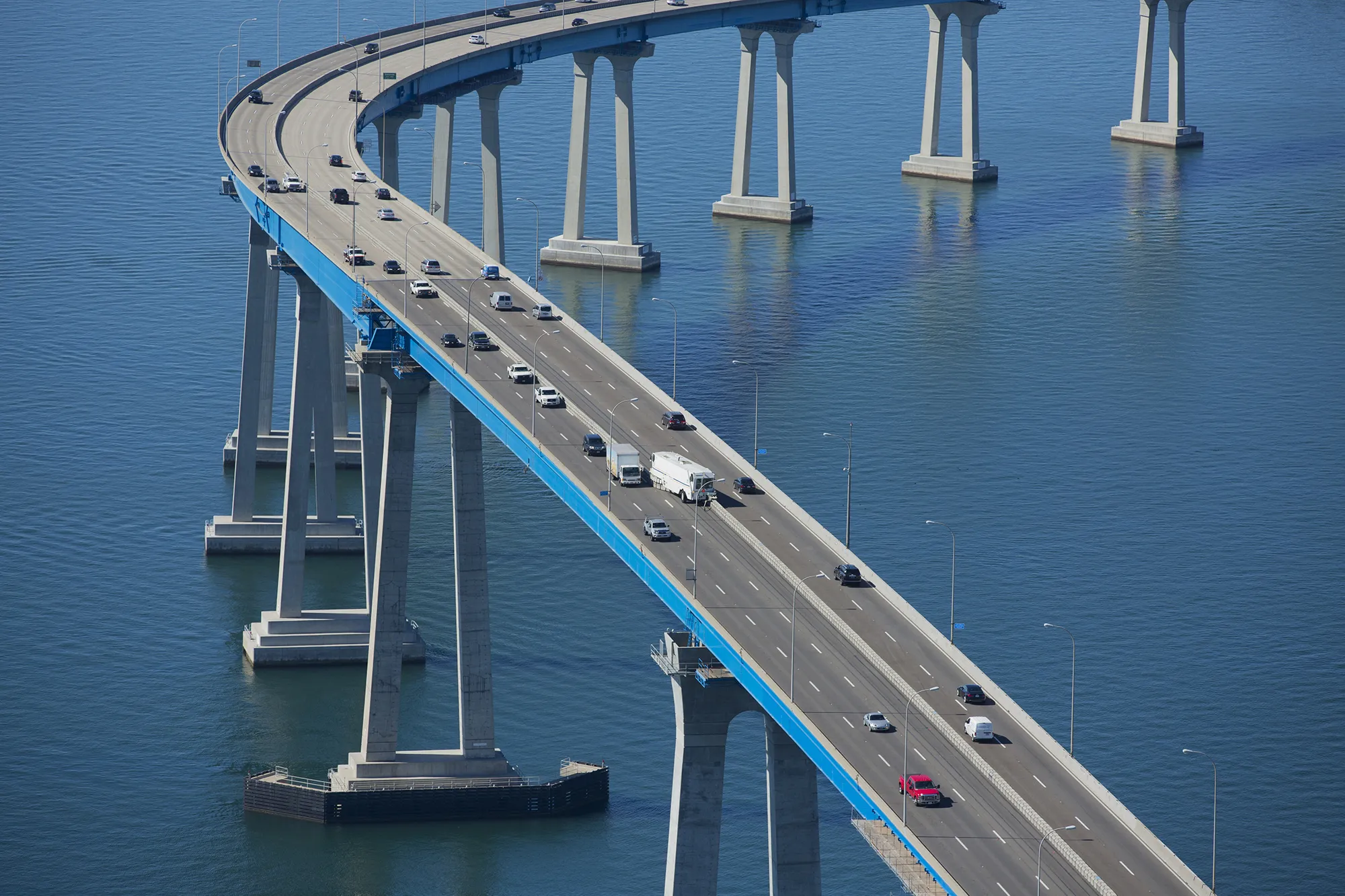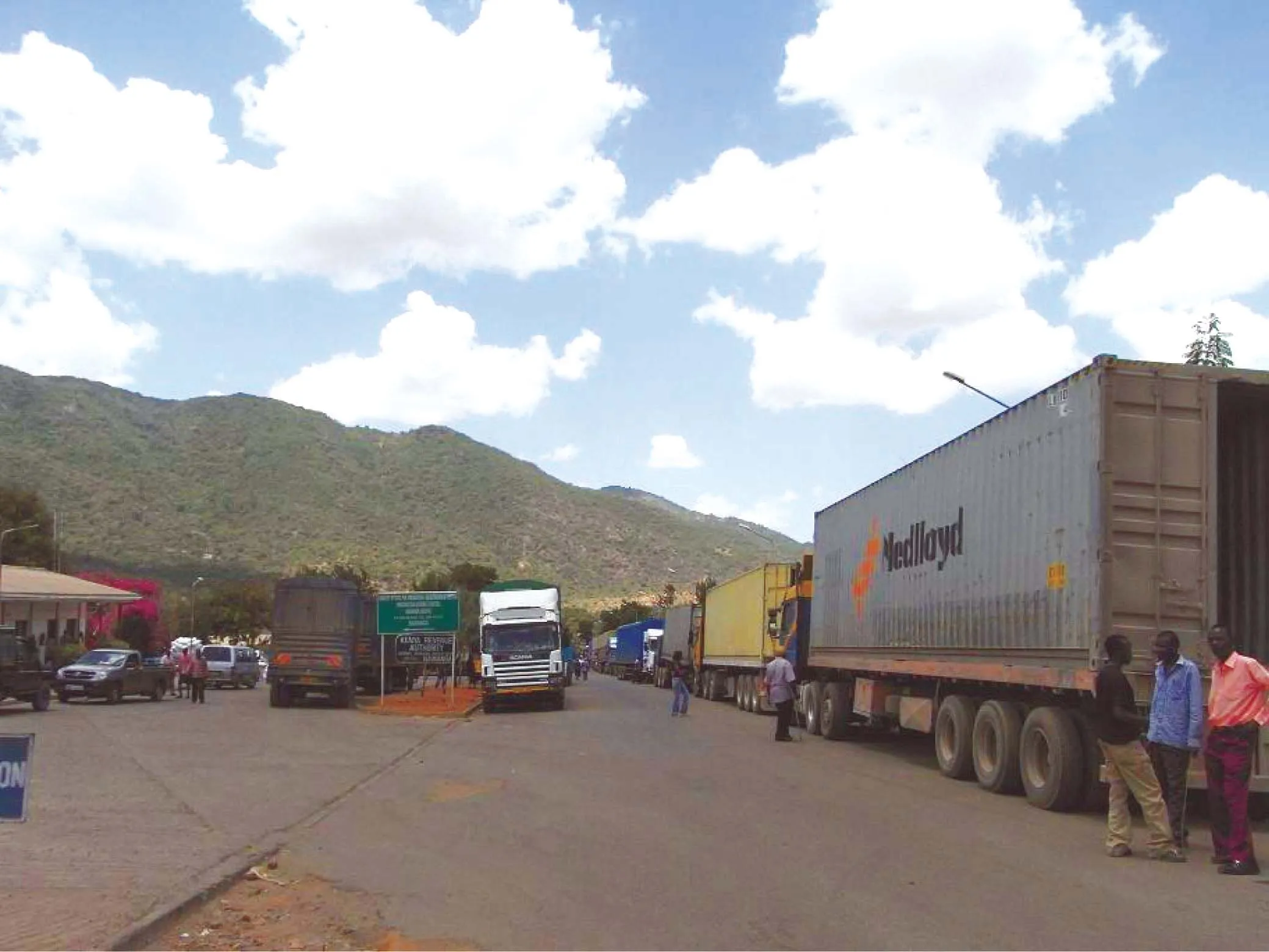A new study from Bangkok’s Kasikorn Research Centre reveals the extent to which the notorious traffic congestion of Thailand’s capital city costs the country’s economy. And the problem is getting worse. Research reveals that drivers in Bangkok spend 35 minutes longer in in traffic jams during 2016 than they did in 2015. According to the research, vehicle commuters saw an increase in costs of some US$172 million due to additional fuel use while stalled in congestion. This has a negative impact on business of
September 15, 2016
Read time: 1 min

A new study from Bangkok’s Kasikorn Research Centre reveals the extent to which the notorious traffic congestion of Thailand’s capital city costs the country’s economy. And the problem is getting worse. Research reveals that drivers in Bangkok spend 35 minutes longer in in traffic jams during 2016 than they did in 2015. According to the research, vehicle commuters saw an increase in costs of some US$172 million due to additional fuel use while stalled in congestion. This has a negative impact on business of close to $316 million, according to the research. The report suggests that far greater investment is required in transport infrastructure, both by developing new road links and expanding public transit, so as to tackle the city’s jams.







